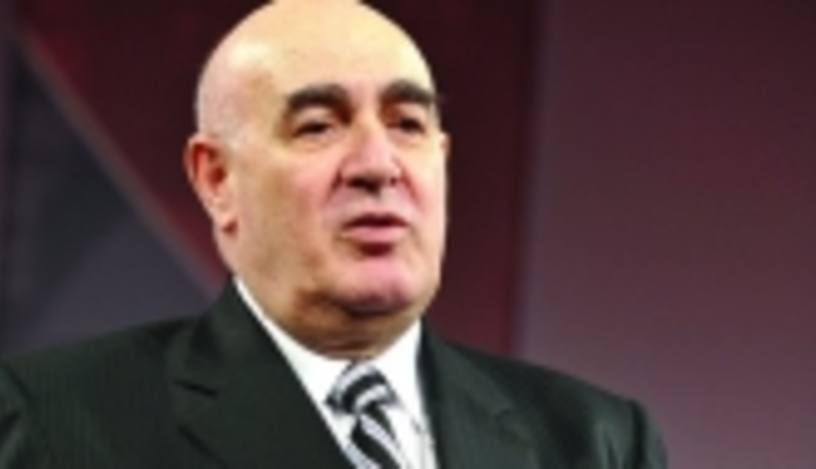The Middle East can claim few successes of late, but the banking career of Ibrahim Dabdoub, who recently announced his retirement after more than 30 years at the helm of the National Bank of Kuwait (NBK), represents a remarkable achievement, even by international standards.
In a career spanning more than five decades at NBK, starting in 1961, Mr Dabdoub has successfully guided the bank through various financial crises and the Iraqi invasion of Kuwait in the early 1990s. He has also established NBK as a dominant force in its home market as well as the leading Arab bank in international and regional markets.
The 74-year-old is viewed as the most outstanding banker of his generation in the Arab world. He has managed to transform NBK from a small local bank into a major regional player with offices in 16 countries, including China, Iraq, the US and the UK, and total assets exceeding $60bn and annual profits in excess of $1bn. NBK was positioned 166th in the world by Tier 1 capital in The Banker’s 2013 Top 1000 World Banks ranking. NBK reported a 6.5% increase in net profit in 2013 to $844m and saw assets rise 12.5% to $66bn.
Success story
Born in Bethlehem in 1939, when his father returned to Palestine from Mexico, Mr Dabdoub was educated at College des Freres in Bethlehem, the Middle East Technical University in Ankara, and later at Stanford University in the US. After graduating in Ankara, he joined NBK in 1961 and worked his way up through the ranks from head of credit in 1969 to chief executive in 1983, a year after the devastating crash of the Souk Al-Manakh, the country's unofficial stock market, which was based in a car park.
The Souk Al-Manakh was a key test of Mr Dabdoub’s judgement. He went against the trend and refused to participate in the share frenzy. After the crash, the Kuwait government had to bail-out the other banks but NBK, in contrast, was given a clean bill of health. He avoided the Manakh pitfalls and readily admits: “The NBK success story started then.”
Michel Accad, chief executive of Kuwait’s Gulf Bank, who is also due to step down this year, says of Mr Dabdoub: “He has truly been an outstanding banker, perhaps the most outstanding banker in the Arab world over the past 30 years. I don’t think any other banker has achieved as much as Mr Dabdoub has.”
Surviving the Souk Al-Manakh crash was one of many NBK successes to come. In the 1980s, Mr Dabdoub identified the growth role of consumer banking and with key acquisitions of technology and people pushed the boundaries of consumer banking. But then on August 2, 1990, the Iraqi invasion of Kuwait changed everything.
Mr Dabdoub, however, was not deterred, and with the help of the Bank of England, he continued to direct the bank from NBK’s London office with his team in Kuwait using satellite telephones to open billions of dollars of letters of credit essential to finance reconstruction work ahead of other Kuwaiti banks.
Little bear, big shoes
Returning to Kuwait in January 1992, Mr Dabdoub not only maintained NBK’s dominant domestic position but also embarked upon significant regional expansion, including establishing operations in Saudi Arabia, the United Arab Emirates and Iraq, as well as acquisitions in Turkey and Egypt.
Today, NBK’s international network covers 16 countries and its performance continues to expand with consistent profitability, high asset quality and strong capitalisation. Net profits hit $1.085bn, $1.075bn and $1.073bn in 2012, 2011 and 2010, respectively, with return on equity of 14.1%, 14.6% and 17.7% for those years, respectively.
Mr Dabdoub (a name which means ‘little bear’ in Arabic) has also played a significant financial role in his various international activities, which include board membership of the Washington, DC-based Institute of International Finance. In 2008 he received The Banker’s ‘Lifetime Achievement Award in Banking’ for his near five decades in banking.
What will come after he retires at the bank’s next general assembly? Mr Dabdoub will act as an adviser to the bank’s board and will remain firmly attached to the lender. After all, he has been a key part of the bank for more than 50 years and as he says himself: “NBK is my baby.”












